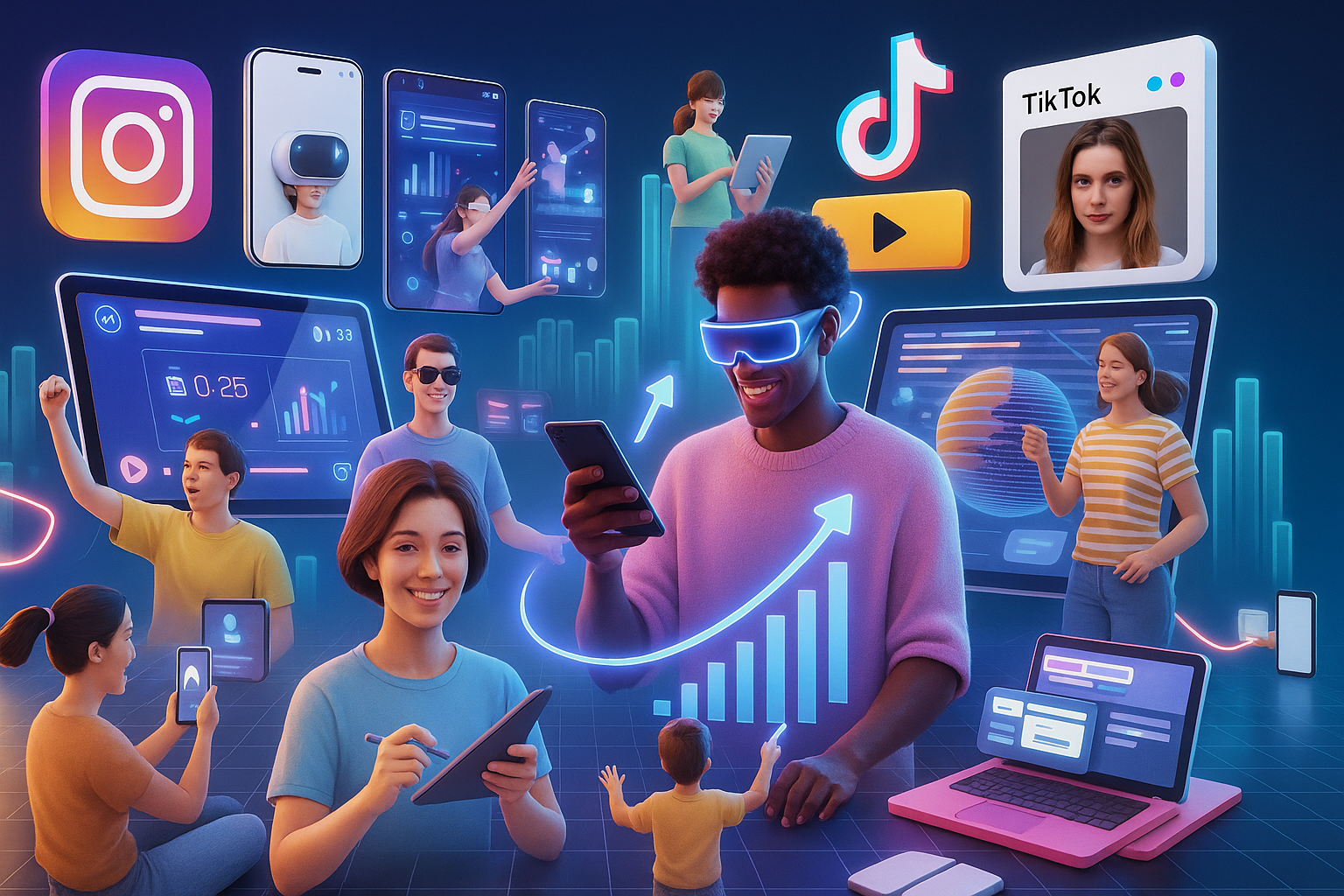The Business Case for Custom AI Solutions vs. Generic Tools

Businesses today must choose between custom AI solutions or generic, out-of-the-box tools. While generic options offer quick implementation and lower upfront costs, custom AI often provides superior long-term value.
Limitations of Generic AI Tools
- Inadequate Fit: Generic solutions serve many industries but rarely address your specific business challenges completely
- For example, a retail business using a generic inventory management AI might receive stocking recommendations based on general retail patterns rather than their unique customer demographics, seasonal trends, or regional preferences, resulting in overstock of unwanted items and stockouts of high-demand products.
- Underutilized Data: Standardized models fail to leverage your unique proprietary data assets
- For example, a healthcare provider might possess years of patient outcome data that could dramatically improve diagnosis accuracy, but a generic medical AI tool can't incorporate this proprietary dataset, essentially ignoring your most valuable information asset.
- Growth Constraints: Out-of-the-box tools often can't scale with your evolving business needs
- For example, an e-commerce company that begins with basic product recommendations might later need personalization based on browsing history, purchase patterns, and social media activity. Generic AI solutions typically can't evolve to incorporate these additional data streams without forcing you to adopt entirely new systems.
- Lack of Differentiation: When competitors use identical tools, you gain no competitive advantage
- For example, if every financial services firm uses the same generic AI for risk assessment, they'll all identify the same investment opportunities and risks, eliminating any strategic edge. A custom solution could incorporate proprietary analytical frameworks that spot opportunities competitors miss.
- Hallucinations
- If you don’t provide AI context, it will tend to “invent” context it’s missing.
- For example, with an AI email responder, if a user asks to set a meeting, if the AI doesn’t have access to your calendar it will often “invent” or “guess” a meeting time and schedule a meeting even if specifically instructed otherwise!
- If you don’t provide AI context, it will tend to “invent” context it’s missing.
- Not Brand Aligned
- Business don’t just want any image or generic copy, they want images, creative, and content that matches their voice, tone, look and feel and aligns with all the things that matter to them. Out of the box AI however, tends to spit out generic text unless you specifically instruct it otherwise. With Custom AI, you can have your brand guidelines referenced by the AI and generate creative aligned to your brand.
- Business don’t just want any image or generic copy, they want images, creative, and content that matches their voice, tone, look and feel and aligns with all the things that matter to them. Out of the box AI however, tends to spit out generic text unless you specifically instruct it otherwise. With Custom AI, you can have your brand guidelines referenced by the AI and generate creative aligned to your brand.
Integration Issues
- Siloed Systems: Generic AI tools frequently operate disconnected from your existing tech stack
- "Custom AI can research a topic, generate a relevant image and article, post it for you, send a slack message when it goes live, cut it into bite sized pieces for social media and measure the analytics for you"
- Workflow Disruption: Employees must adapt their processes to the tool rather than vice versa
- For example, a marketing team using a generic AI content creation tool might need to manually transfer data between their CRM, the AI platform, and their publishing system—requiring additional steps, increasing error risk, and reducing productivity compared to a custom solution integrated into their existing workflow.
- Security Vulnerabilities: Third-party systems introduce additional compliance and data security risks
- For example, a financial institution using a generic AI chatbot might inadvertently expose sensitive customer data when the third-party vendor experiences a breach. Custom solutions can be built with your specific security protocols and regulatory requirements in mind from the start.
The ROI Advantage of Custom AI
- Strategic Value Creation: Custom solutions can unlock new revenue streams and enable innovative offerings beyond simple cost reduction
- Faster Time-to-Value: By addressing your specific challenges directly, custom AI eliminates lengthy adaptation periods
- Future-Proofing: Custom solutions can adapt to emerging technologies rather than locking you into predetermined roadmaps
Conclusion
If you view AI as merely a box to check, generic tools might suffice. But if you see AI as a strategic differentiator, custom development offers compelling advantages. The most successful implementations aren't standalone tools—they're integrated capabilities designed around your specific workflows and unique data assets.
In today's competitive landscape, custom AI development represents one of the last true opportunities for sustainable differentiation.



